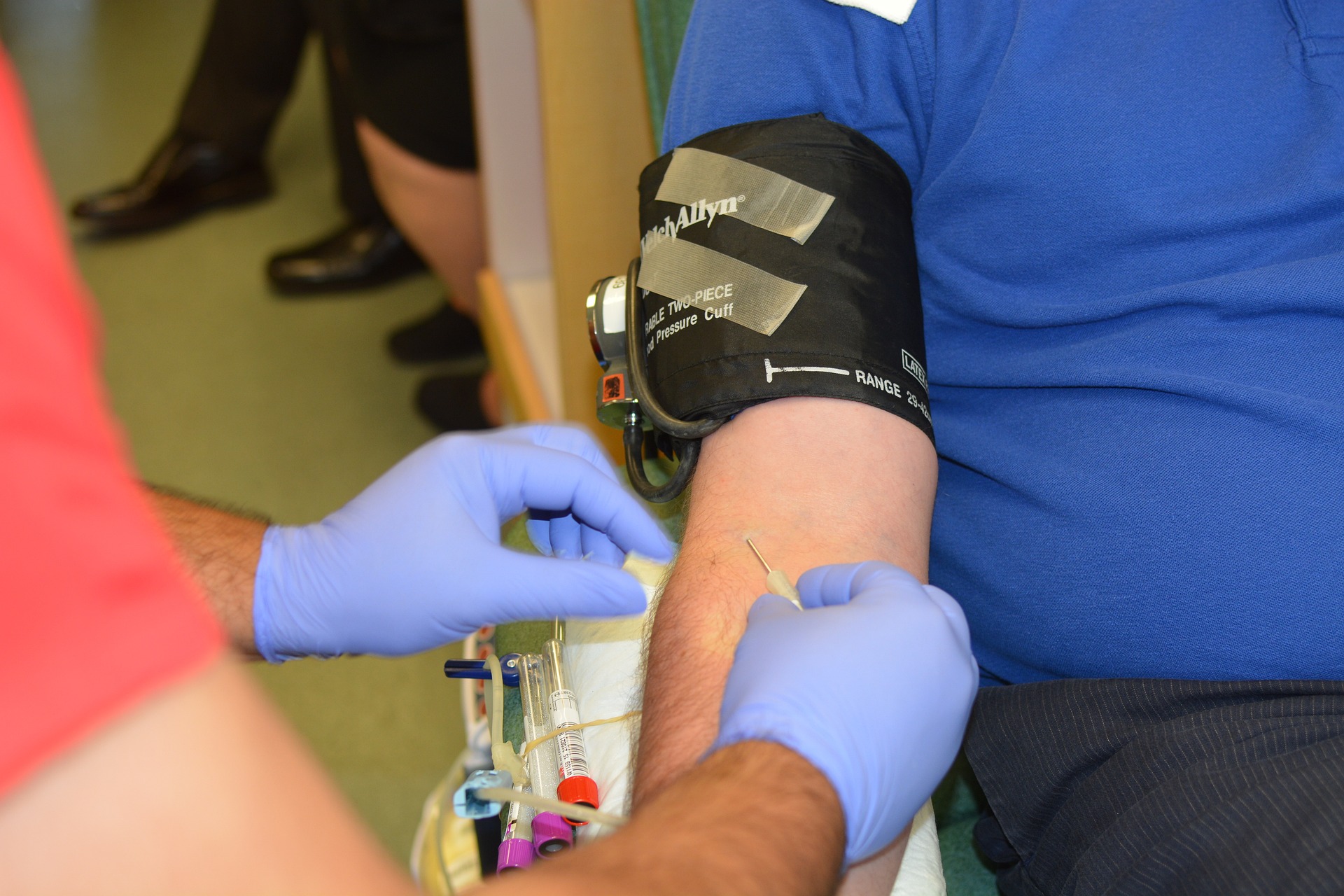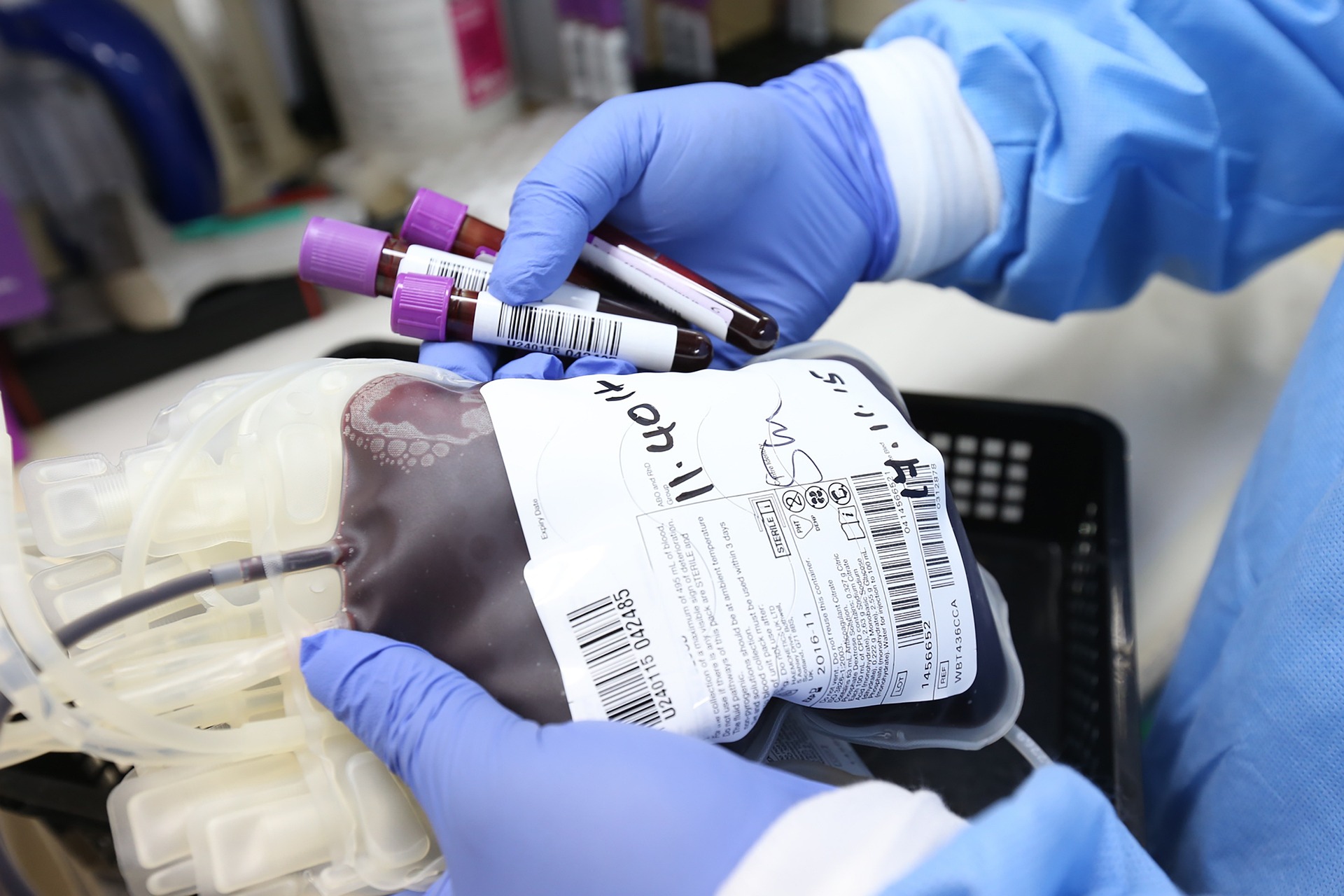Phlebotomist
Phlebotomists play a crucial role in healthcare—they are responsible for drawing blood from patients, so they must be highly knowledgeable, skilled, and compassionate. To ensure that your transition into the role is informed and successful, consider learning more about the job duties involved and exactly what it takes to become certified.
Career Insights
Phlebotomy Career at a Glance
To become certified as a phlebotomist, you’ll need to complete formal training from an accredited institution like Lone Star College. Training typically takes around 8-10 weeks and will cover various topics including patient safety protocols, proper sample collection techniques, anatomy and physiology of the circulatory system, HIPAA compliance regulations, laboratory safety protocols and procedures, bloodborne pathogens safety guidelines and practices; how to handle difficult draws; specimen processing; etc. After completing your training program successfully, you will then be eligible for certification as a Certified Phlebotomy Technician (CPT).
How to determine if a career as a Phlebotomist is for you
Lone Star College is an excellent resource for those interested in pursuing a career as a Phlebotomist. Through Lone Star’s certificate program, you can learn the basics of becoming a phlebotomist, and explore related courses and options. If you are considering this field as a possible career path, Lone Star College can help you to determine if it’s right for you.
A phlebotomist must have excellent communication skills and be comfortable with blood collection techniques, so Lone Star’s education programs provide the opportunity to gain knowledge in these areas. Additionally, after gaining the necessary certification from Lone Star College, you will be able to assess if a job in this field is one that best suits your interests, experience level and workplace preferences. Lone Star College can provide individuals with the right tools to determine if embarking on a career as a phlebotomist is something they want to pursue.
Benefits of Being a Phlebotomist
Becoming a phlebotomist is a rewarding career choice. The benefits of this profession are numerous, making it an ideal job for health care professionals. The most notable benefit of being a phlebotomist is the income potential associated with the role. Besides monetary gain, phlebotomy provides numerous emotional rewards because one’s compassionate and meaningful contributions to medicine. Furthermore, it does not require a lengthy educational program, so new practitioners can quickly start earning and receiving job satisfaction.
Why is Phlebotomy in Demand?
Phlebotomists are highly valued professionals who are responsible for collecting blood samples from patients for testing and diagnostic purposes. This is an important job that requires precision and accuracy. As such, many medical centers and hospitals rely on these skilled professionals to help them provide quality care to their patients.
What’s more, with advances in medical technology and treatments, the demand for phlebotomists has continued to rise over the years, making it an attractive career option. As such, being able to stand out as a qualified candidate makes you more likely to land a job in this field.
Types of Jobs
Jobs for phlebotomists vary greatly based on the individual’s training and experience. As a phlebotomist, you could work in hospitals, clinics, doctor’s offices and even for health insurance companies. These types of jobs may involve collecting blood from patients for analysis or drawing from a donor for transfusions, setting up lab equipment and keeping accurate records of the procedures. Additionally, often there are opportunities to teach courses in the field of phlebotomy or instruct in other related subjects. Whatever your skillset may be, there is likely to be some type of job available to fit your needs.
Future Prospects
Future prospects for phlebotomists are very promising. As the medical field and technology continue to evolve, so will the roles of phlebotomists. From drawing blood for primary care physician offices and hospitals to specialty laboratories, there is an increasing need for certified phlebotomists throughout various healthcare sectors. With improved training standards and more online degree programs available, it’s easy to see why this profession is in demand with high job satisfaction ratings from professionals around the world. In addition to growing salaries and career advancement opportunities, a career as a phlebotomist allows individuals to make a positive difference in people’s lives every day by providing testing services that lead to better health outcomes.
To maximize their potential employability, phlebotomists should also strive for personal development by taking relevant courses such as anatomy and physiology or reinforcing important attributes like excellent problem-solving skills. All these factors allow people who choose the path of a phlebotomist to have assurance that they have chosen a solid vocation that can last them throughout their lifetime.
Where to take this program
Lone Star College offers a Phlebotomy programs and certificate for those looking to enter the profession of phlebotomy. Students can participate in the phlebotomy program which prepares them for the National Phlebotomy Exam, required by the National Healthcare Association to receive a Phlebotomist Occupational Skills Certificate. Depending on course selection, students have the opportunity to learn proper medical and legal etiquette as they develop their skillset upon becoming a phlebotomist professional. The program is designed to provide both theoretical and practical teaching tools that allow students to gain the necessary knowledge they need in order to be successful phlebotomists. By taking part in Lone Star College’s phlebotomy program, students become well-regarded professionals that are equipped for entry level positions in phlebotomy.

